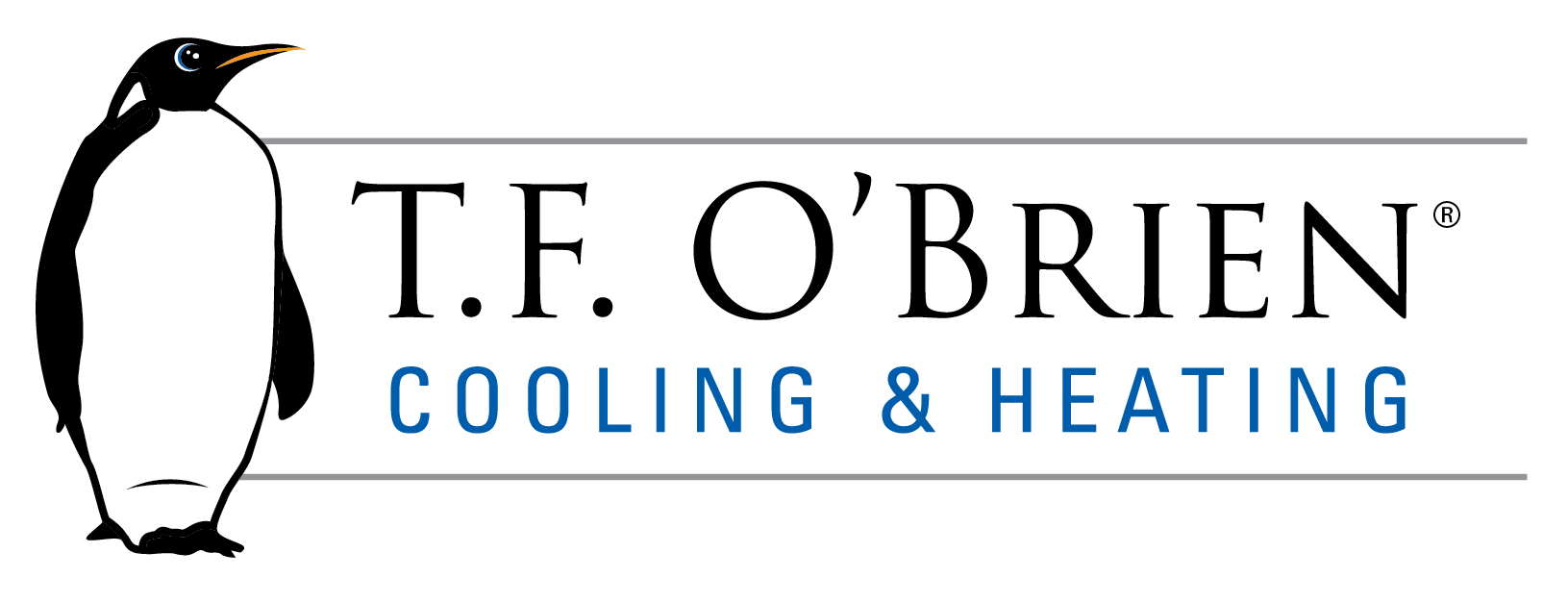With an increasing interest in energy efficient appliances for the home, tankless water heaters are often viewed as an attractive, cost-saving option. While conventional water heaters utilize storage tanks to hold the heated water for use, energy loss can occur when these units are operating in standby mode. Tankless water heaters, on the other hand, heat the water only as it is needed. This saves money by eliminating the potential for energy loss and the associated costs. In fact, ENERGY STAR® estimates that a typical family can save $100 or more per year with an ENERGY STAR qualified tankless water heater.
So, just how do tankless water heaters work? When the hot water tap is engaged, cold water flows into a heat exchanger located inside the tankless unit. If the unit is electric, an electric element heats the water. If it is a gas-fueled unit, a gas burner provides the energy to heat the water. It is because of this method that tankless water heaters are able to provide an almost continual supply of hot water.
Tankless water heaters typically provide hot water at a rate of 2 to 5 gallons (7.6 to 15.2 liters) per minute. Therefore, it is important to first consider how hot water will be utilized before purchasing a tankless unit for your home or business. For example, point-of-use units, or even smaller tankless water heaters, may not be able to keep up with the demand of multiple appliances running at once. For this reason, you may wish to consider installing separate tankless water heaters, or even a whole-house unit to ensure the highest efficiency.
Tankless water heaters can cost more than conventional storage water heaters. You may find, however, that any initial cost increase is generally off-set by the energy savings tankless units can provide.
T.F. O’Brien services the Long Island, New York area.
Our goal is to help educate our customers about energy and home comfort issues (specific to HVAC systems). For more information about preventive maintenance and other HVAC topics, please download our free Home Comfort Resource guide.
